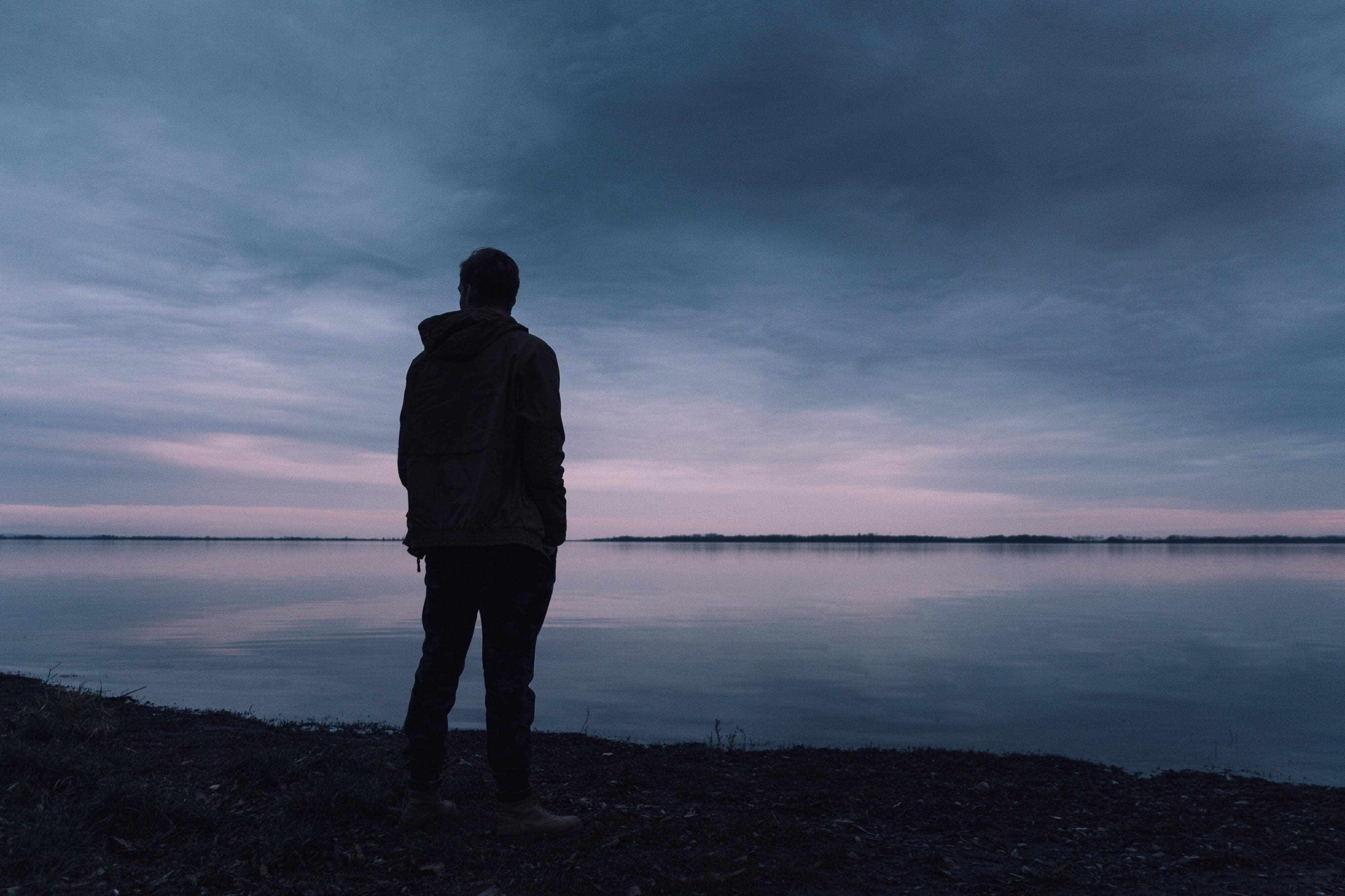In a world constantly connected, where notifications buzz, messages ding, and the pressure to be “on” never fades, the idea of being alone can seem unsettling—even taboo. But there’s a quiet revolution happening beneath the noise. More people are discovering that being alone doesn’t have to mean being lonely. In fact, solitude might just be the superpower we’ve all been missing.
Photo by Lukas Rychvalsky
The Misunderstood Art of Being Alone
From a young age, many of us are taught that happiness is tied to togetherness. We’re told to make friends, be social, find a partner, build a family. Alone is often treated like a punishment, a sign that something is wrong. “Don’t eat alone,” we hear. “You went to the movies by yourself?” someone asks with pity, as if solitude is a sentence rather than a choice.
But the truth is, being alone can be rich, fulfilling, and deeply empowering. Solitude allows us to slow down, reconnect with ourselves, and listen—really listen—to what’s going on inside. It’s where creativity blooms, self-awareness deepens, and peace is finally possible.
Solitude vs. Loneliness
Let’s be clear: solitude and loneliness are not the same. Loneliness is a feeling of disconnection, of longing for companionship or emotional intimacy. It can happen in a crowd, at a party, or even in a relationship. Solitude, on the other hand, is a state of being alone without feeling lonely. It’s chosen, embraced, and often cherished.
Think of solitude as a spacious room where your mind can wander freely, uninterrupted by the demands of others. It’s not about isolation—it’s about presence. It’s not running away from the world but intentionally stepping back so you can return more grounded.
Why We Fear Solitude
Our culture tends to value busyness over stillness, productivity over presence. Solitude can feel threatening because it asks us to face ourselves—our thoughts, our emotions, our truths. And let’s be honest, sometimes that can be uncomfortable. It’s easier to scroll through social media or fill our calendars than to sit with silence.
But what if that discomfort is exactly what we need to grow?
Psychologists agree: solitude has immense mental health benefits. It reduces stress, increases focus, sparks creativity, and strengthens emotional resilience. By spending time alone, we learn to self-soothe, set boundaries, and rely on ourselves in healthy, empowering ways.
The Creativity Connection
Many of the world’s greatest artists, writers, and thinkers have extolled the virtues of solitude. Virginia Woolf wrote about the need for “a room of one’s own.” Beethoven took long solitary walks to spark inspiration. Steve Jobs famously spent time alone in contemplation to refine his ideas.
Solitude gives your mind the breathing room to wander, imagine, and innovate. Without constant input from others, your own voice becomes clearer. Your ideas grow bolder. You begin to trust your instincts. Whether you’re writing a novel, building a business, or simply figuring out what brings you joy, solitude can be the catalyst.
Embracing Solitude in the Digital Age
In today’s hyperconnected world, solitude requires intentionality. With our devices always within reach, true alone time can be hard to come by. But carving out space for solitude doesn’t mean abandoning the world—it just means reclaiming a bit of it for yourself.
Here are a few ways to embrace solitude in daily life:
-
Take solo walks without your phone. Observe the world around you. Listen to the wind, your footsteps, your thoughts.
-
Start a solo ritual like morning journaling, tea time, or weekend museum visits.
-
Unplug regularly. Even just 30 minutes of tech-free time can create space for deeper self-connection.
-
Travel alone. Solo travel is one of the most transformative ways to experience not just the world, but yourself.
-
Create a solitude corner at home—a reading nook, a meditation cushion, or a quiet place where you go to reconnect.
Strengthening Your Relationship with Yourself
At its core, solitude is about intimacy—with yourself. It’s about learning to enjoy your own company, to sit with your thoughts, and to meet your needs without external validation.
This self-intimacy builds emotional resilience. When you’re comfortable alone, you’re less likely to settle for unhealthy relationships just to avoid being by yourself. You stop seeking others to complete you, and instead, look for connections that complement your already whole self.
Alone Doesn’t Mean Absent
Choosing solitude doesn’t mean withdrawing from the people you love or becoming a recluse. In fact, people who regularly engage in healthy solitude often have more to give in their relationships. They’re more present, more authentic, and less reactive.
By tending to yourself first, you bring a more grounded version of you to the table—whether it’s with friends, family, or partners.
Redefining Alone Time
It’s time to rewrite the narrative. Alone isn’t sad. Alone isn’t broken. Alone is a space of potential. It’s the quiet before the breakthrough. The mirror that shows you who you are without noise. It’s the deep breath you take before re-engaging with the world from a place of wholeness.
If you’ve been avoiding solitude, consider this your invitation. Start small. Sit with yourself. Ask yourself what you need. Tune in. You might be surprised by what you hear—and how much you enjoy the conversation.
Because when you learn to be alone without being lonely, you discover a powerful truth: you are never truly alone when you have yourself.


